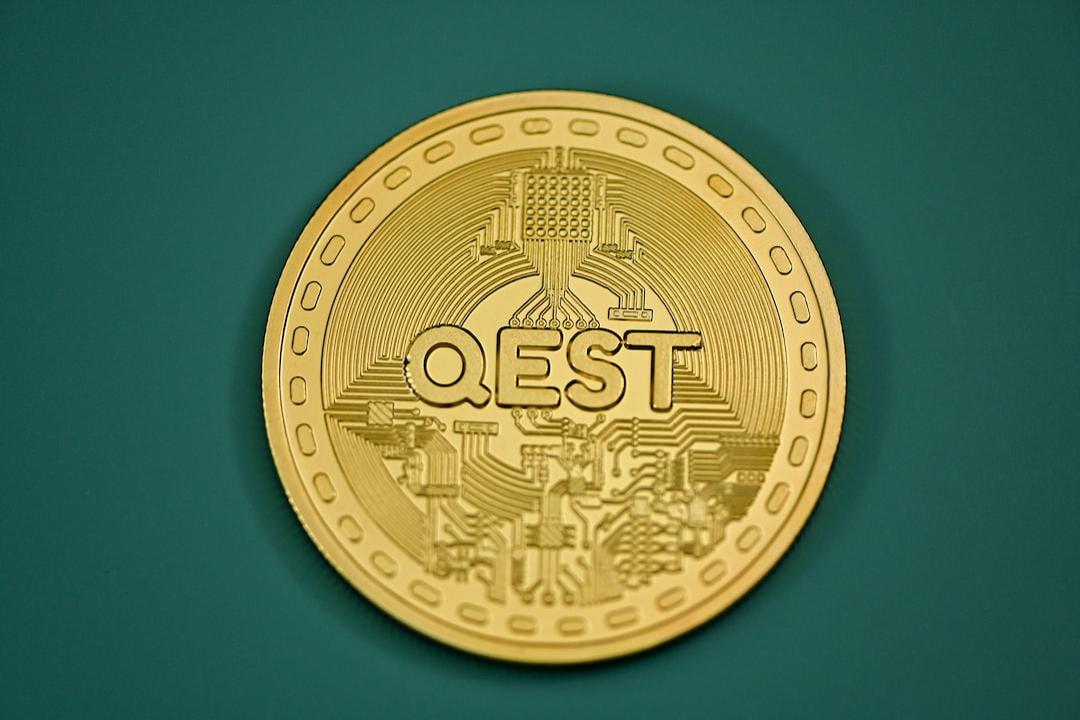U.S. Treasury Announces Removal of Tornado Cash from Sanctions List, Claims Related Litigation is Moot
Coinbase’s Chief Legal Officer emphasizes that the court should not bypass due process, and potential regulatory risks remain unresolved.
(Background: U.S. Treasury Lifts Sanctions on Mixer Tornado Cash: Digital Assets Provide Opportunities for Value Creation, TORN Surges 74%!)
(Context: The Federal Reserve Downgrades U.S. GDP and Increases Inflation Expectations; What is Wall Street’s Outlook on Powell’s Next Move?)
The U.S. Treasury recently argued that, since Tornado Cash was removed from the sanctions list on March 21, the litigation concerning the protocol is now “moot,” and the court need not issue a final ruling. This claim was criticized by Coinbase’s Chief Legal Officer Paul Grewal as a “circumvention of judicial proceedings.”
The Treasury stated in a press release:
This court, like all federal courts, has a continuing obligation to ensure that it possesses jurisdiction as granted by Article III of the United States Constitution, thus necessitating clarification and consideration regarding whether this case is moot.
Coinbase: Government Should Not Unilaterally Decide to End Litigation
Paul Grewal contended that even if the sanctions are lifted, it does not mean that the court can bypass a formal ruling. He cited the “voluntary cessation exception” principle, stating that a case can only be deemed moot if the government can demonstrate that it will not engage in the same conduct again.
Grewal also referenced the 2024 U.S. Supreme Court ruling on the Yonas Fikre case, pointing out that simply removing a party from a no-fly list does not imply that their complaint is without merit, as the ban could still be reinstated. He emphasized:
Although the Treasury has removed Tornado Cash from the SDN list, it has not provided any assurances that sanctions will not be reinitiated in the future. This ambiguity is unfair to the judicial process, and we will clarify our position to the court.
Power does not recede voluntarily. It’s gasps and it gasps until it no longer can. @USTreasury filed yet another late Friday pleading against Tornado Cash. After grudgingly delisting TC, they now claim they’ve mooted any need for a final court judgment. But that’s not the law,…

Review of Tornado Cash and OFAC Sanctions Controversy
The Office of Foreign Assets Control (OFAC) of the U.S. Treasury announced sanctions against Tornado Cash in August 2022, accusing it of serving as a cryptocurrency mixing tool that assisted the North Korean hacking group Lazarus Group in laundering illicit funds. This move sparked backlash, leading six users, supported by Coinbase, to file a lawsuit claiming the sanctions were unconstitutional.
Although a Texas court initially supported the government’s position in early August 2023, deeming Tornado Cash a sanctioned entity, an appeals court overturned that ruling in November, stating that sanctioning immutable smart contracts exceeded OFAC’s authority. Ultimately, the court ruled against the government in January 2024, and the Treasury lifted the relevant sanctions and address restrictions in March of this year.
Founders Still Face Criminal Investigation, Legal Risks Unresolved
While Tornado Cash itself has had its sanctions lifted, its founders still face significant legal risks. The U.S. Department of Justice has charged founders Roman Storm and Roman Semenov since August 2023, accusing them of facilitating the laundering of over $1 billion. Semenov is currently on the run and listed on the FBI’s wanted list, while Storm has been released on a $2 million bail and is expected to appear in court in April.
Another developer, Alexey Pertsev, is facing money laundering charges in the Netherlands. Although he has recently been granted bail, he will still face subsequent trials. For developers and users, it is crucial to carefully assess the applicability of U.S. laws and potential risks when designing and using similar mixing protocols in the future.


